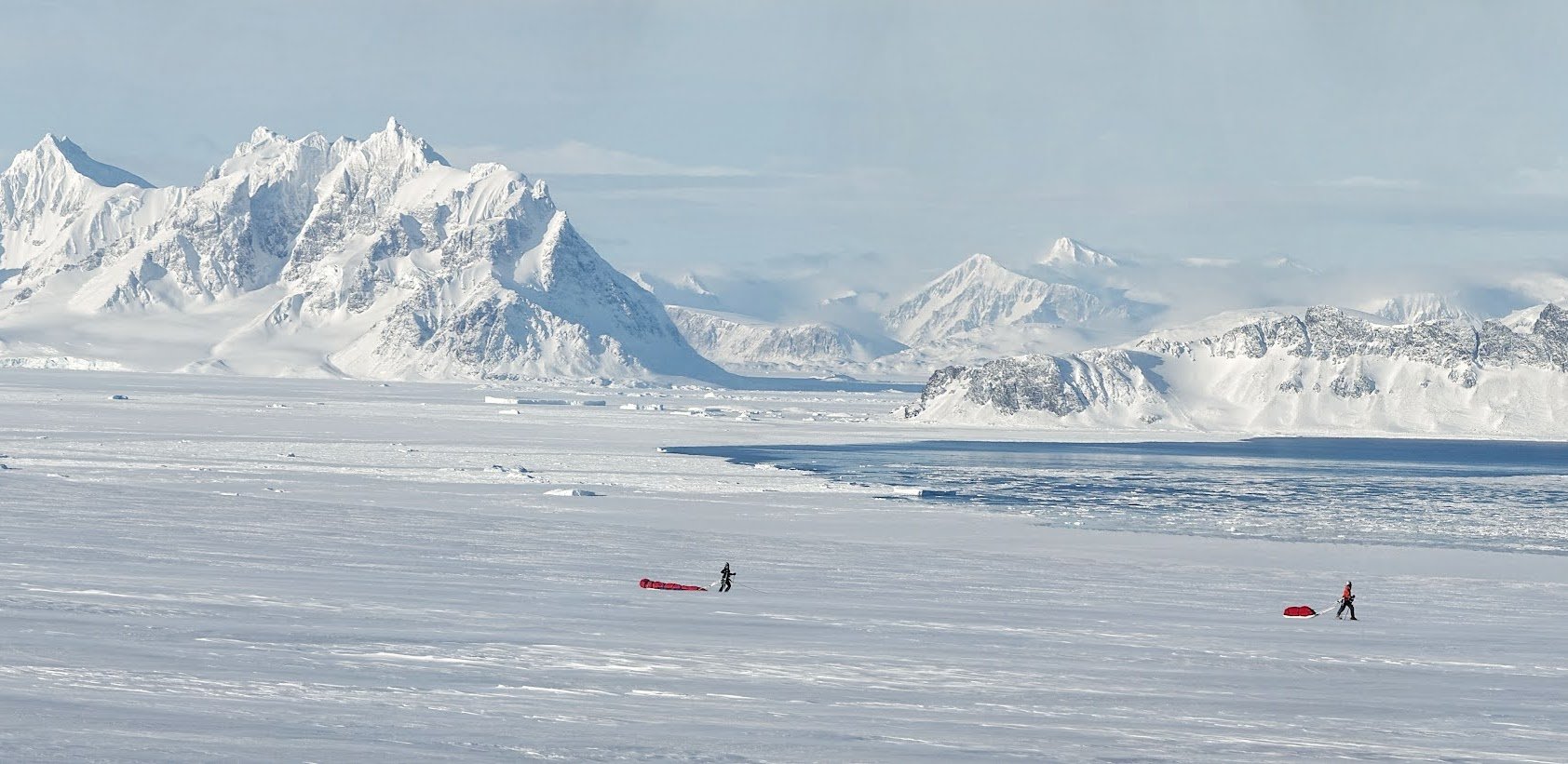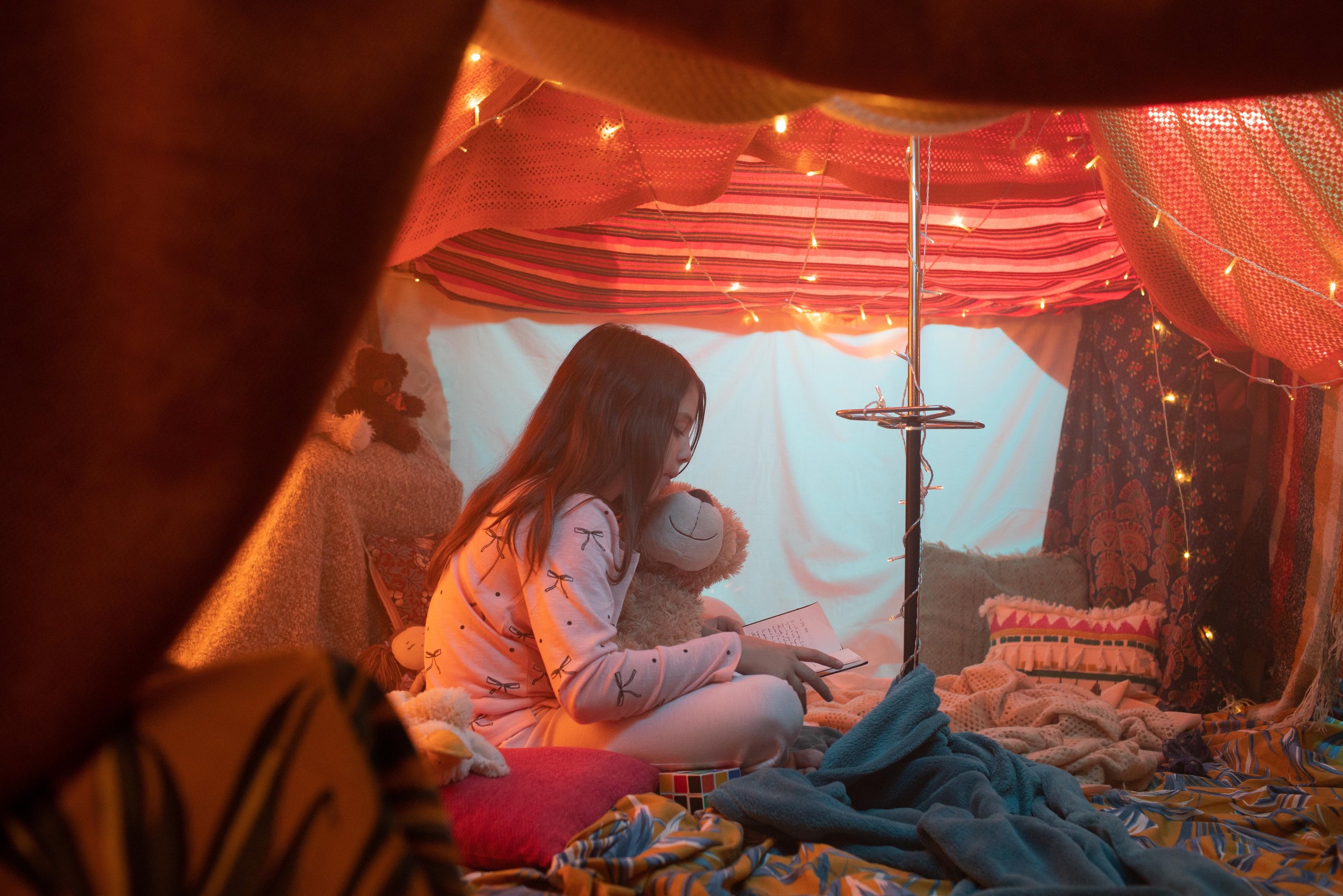In Focus
WINTER 2022 ISSUE
In Focus
‘In Focus’ aims to explore how health and healthcare are experienced at the local, individual, and micro levels. While these aspects of health and healthcare invariably tie into wider dynamics, we want to zoom in and analyse the small, the acute, and the mundane. This issue features pieces that have strong central threads and encourage readers to become immersed in a specific setting or scenario. Topics range from looking at local communities or individual life narratives to a single journey, an object, or an app.
Image Credit: Sophie Buckely
Featured Contributions
Danielle highlights the struggles faced by Rio Grande Valley natives who come from a low-income background when seeking healthcare services.
In this article, AJ explores how one person’s lived experiences of mental health clashes with their social identities during the global pandemic.
To this date, only one disease has ever been eradicated: smallpox. Elena argues that yaws could be the second if a global and interdisciplinary approach is taken to tackling the widely neglected tropical disease.
Wellness
Candy reminds us that the magic of music runs deep and true across continents, time, and traditions. This article is a call to action to let the music in and continue to inspire or heal or just do whatever it needs to.
Padmavathy discusses the need to prioritise credible research in Ayurveda, arguing that indigenous medicine can help address the gaps in allopathic medical systems in India and across the world.
In this article, AJ explores how one person’s lived experiences of mental health clashes with their social identities during the global pandemic.
Emma Roy argues that the prevalence of ‘pill fatigue’ reflects wider issues within healthcare systems. She offers tips for both doctors and patients to help combat lulls in medical adherence.
Essay & Opinion
Tessa discusses the increased levels of child grooming during lockdowns, and the efforts in place to try and protect vulnerable young people.
Elyse brings us along on her trip to Beijing, describing the online measurements that have been taken to prevent the spread of COVID-19 in China along the way.
Danielle highlights the struggles faced by Rio Grande Valley natives who come from a low-income background when seeking healthcare services.
Brianna introduces us to her friend Juan, who lives next to a landfill in Tipitapa, and urges clinicians to engage in climate activism as a form of preventative medicine.
Kristian explores the positive influence of outdoor public spaces on our physical and mental health.
Olivia reflects on her interview with Nadia Frontier about her unusual life as an Antarctic researcher.
Cidália writes about her experience as an intensive care nurse during the COVID-19 pandemic and what her hopes are for the future.
To this date, only one disease has ever been eradicated: smallpox. Elena argues that yaws could be the second if a global and interdisciplinary approach is taken to tackling the widely neglected tropical disease.
Culture
Pain is inevitable, but is suffering optional? Joanna reviews Keefe’s chilling account of the lives lost and profits gained from America’s opioid epidemic.
Olivia reviews Dr Gavin Francis’s book on how medicine can better integrate a holistic and compassionate approach to recovery and chronic illness, and shares her thoughts on his recent seminar at the Wellcome Trust.
Pallavi inaugurates our magazine’s Agora section by reflecting on Kate and Mohammad’s cultural psychology essays from our Gradients issue.
With empathy and compassion, Grace discusses Chanel Miller’s reclamation of her own narrative while confronting the harsh realities of the American justice system.
How our reviewer’s olfactory explorations led her to a perspective-shifting book. Alexis reviews The Story of Your Life, a work by perfumer and former psychotherapist Mandy Aftel.
What’s old is new again. Sarah shares her perspective on Lowkey’s sophomore album and the thematic prescience of its decade-old messages in more recent events.
I got (food) rules, I count ‘em: Alexis reviews Michael Pollan’s digest on digestion and the 64 principles guiding his approach to nutrition and health.
Long Reads

The other pandemic: the silent rise of child grooming and exploitation during lockdowns
By Tessa de Mooij

Creative
Zoe’s poem exposes the challenges women face in accessing equal and affordable healthcare, and how as a healthcare worker she is helpless to a failing system.
Micah interviews filmmaker and producer Gabriella to discuss how her filmmaking career has intersected with her genetic risk of breast and ovarian cancer.
Jennifer uses powerful imagery to highlight the importance of her bed as a place of both rest and resistance for herself and others living with chronic illness.
Eleanor speaks to artist Liz Atkin, an artist known for her unique exploration of skin as a means of redirecting her anxieties.
From the perspective of a medical professional, Armando weaves a narrative of a patient and his family facing linguistic barriers in the medical system and a challenging diagnosis.
Leah speaks to three women who use poetry to speak up on sexual and reproductive health issues, and put them and their readers on a path towards healing.
Interview & Investigation

The need for radical change: Paul Allison on training future oral healthcare professionals
Dental Professor Paul Allison speaks to the KHR about his research and work, offering the compelling case that radical changes to both training and practice are essential to integrating oral healthcare into the wider medical system.

Healing great and small: a lifetime in veterinary medicine
Dr Nila Kelly discusses the highs and lows of a lifetime spent working in veterinary medicine, and why she believes that vets play a vital role in protecting human health.


























